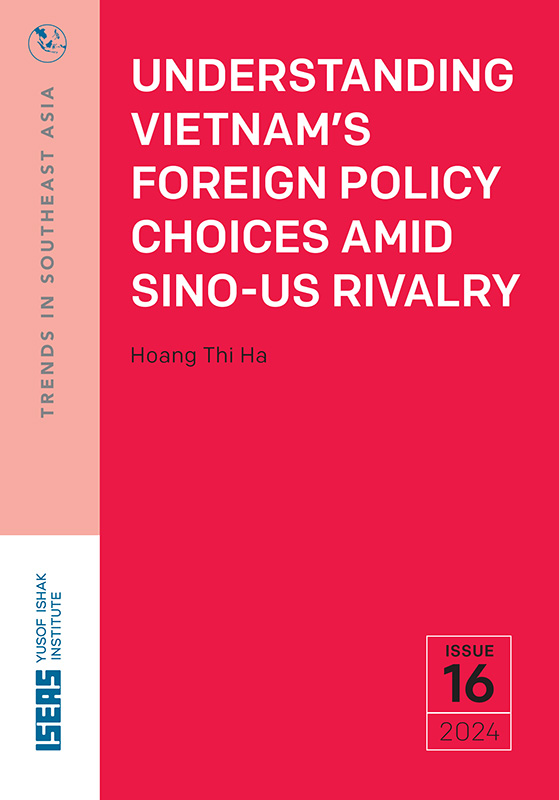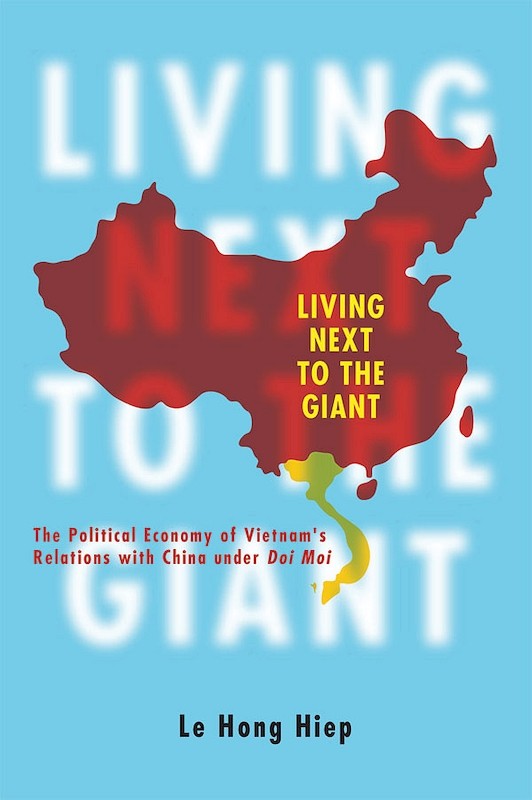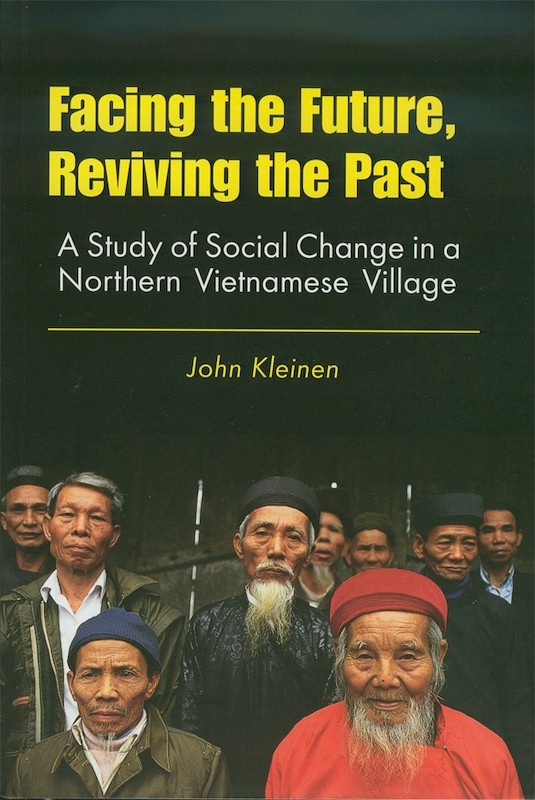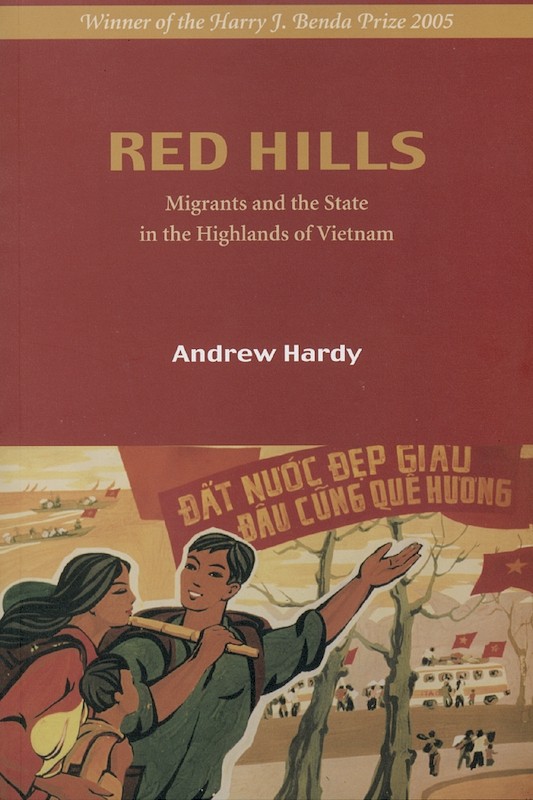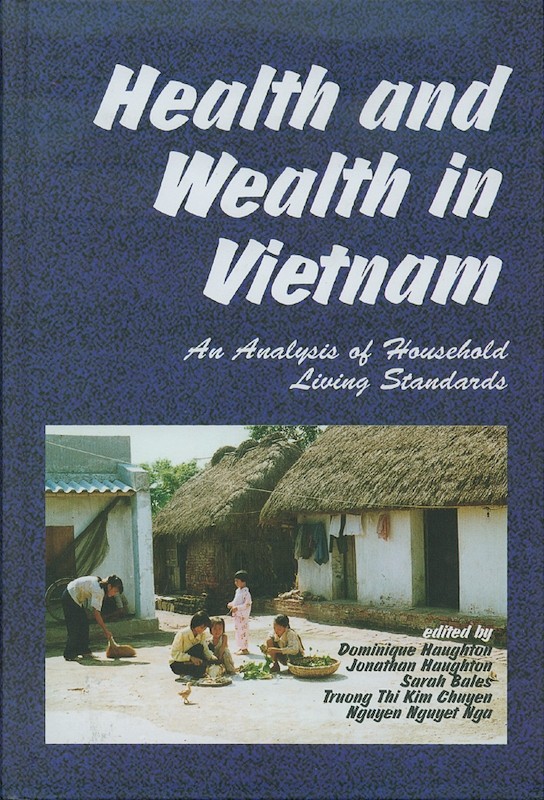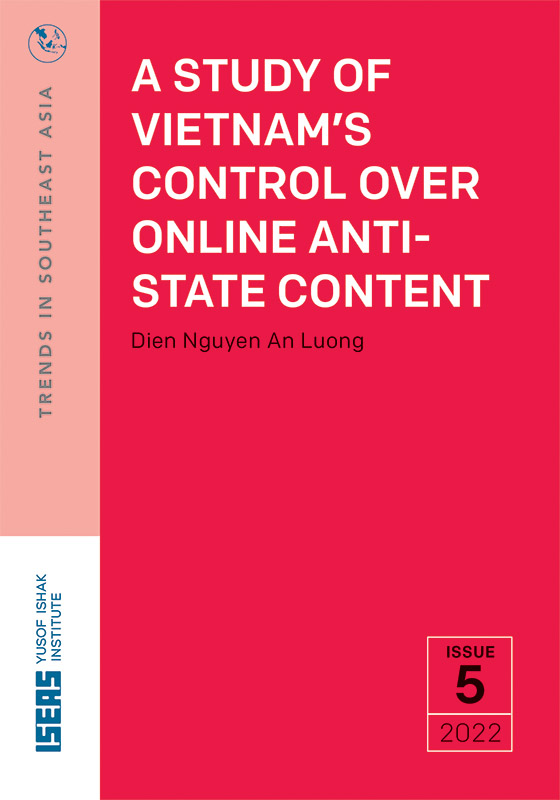Vietnamese Foreign Policy in Transition
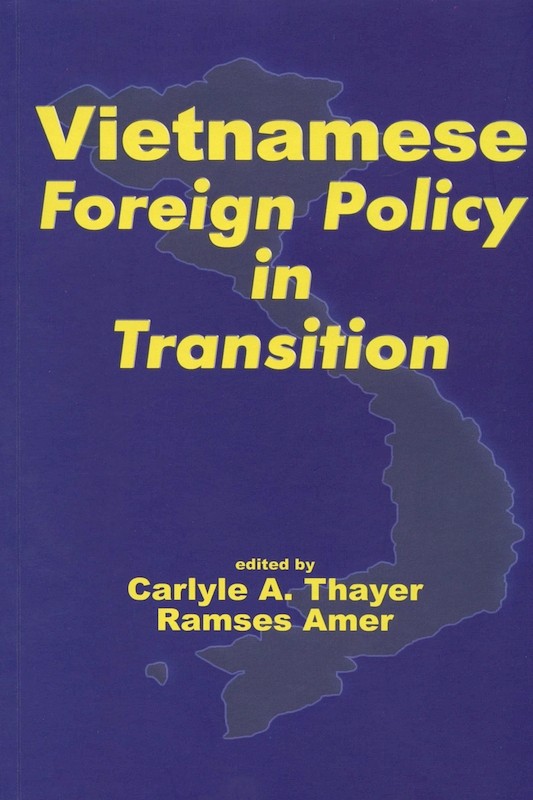
Ramses Amer, editor
Date of publication:
2000
Publisher:
ISEAS / SMP
Number of pages:
304
Code:
IU12
About the publication
Vietnamese Foreign Policy in Transition studies Vietnam's emergence as a major actor in Southeast Asian and global affairs. It focuses its analysis primarily on the period since 1995 when Vietnam became the seventh member of the Association of Southeast Asian Nations (ASEAN), and Hanoi and Washington normalized their diplomatic relations while the European Union and Vietnam negotiated a closer set of relations. The analysis includes a consideration of the impact of the Asian financial crisis on Vietnam.
The contributors to this book:
-- Explore the sea change in Vietnamese foreign policy that emerged in the late 1980s and early 1990s as Vietnam moved from dependency on the Soviet Union to a more balanced and multilateral set of external relations, and note the decline in the salience of ideology as a factor influencing Vietnamese foreign policy-making and the internal party debate that this precipitated.
-- From multinational perspectives devote major attention to crucial Sino-Vietnamese bilateral relations, and provide contrasting American and Vietnamese views on Hanoi's relations with Washington.
-- Analyse the various factors that led Vietnam to join ASEAN in 1995, and assess the pros and cons of membership from a three-year perspective.
The contributors base their analysis not only on English and Vietnamese primary source material, but Chinese, French and other European language sources. This rich source material is reflected in the extensive bibliography, prepared by the co-editors, that is sub-divided into various categories dealing with Vietnam's most important bilateral relations.
This volume is co-edited by two internationally acknowledged Vietnam specialists. Professor Carl Thayer has been studying Vietnam for over three decades and has written extensively about Vietnamese foreign policy decision-making. Professor Ramses Amer has written extensively on Sino-Vietnamese and Cambodian-Vietnamese relations. The views in this volume represent the research of the new generation of Vietnam specialists as well as that of established academic specialists.
The contributors to this book:
-- Explore the sea change in Vietnamese foreign policy that emerged in the late 1980s and early 1990s as Vietnam moved from dependency on the Soviet Union to a more balanced and multilateral set of external relations, and note the decline in the salience of ideology as a factor influencing Vietnamese foreign policy-making and the internal party debate that this precipitated.
-- From multinational perspectives devote major attention to crucial Sino-Vietnamese bilateral relations, and provide contrasting American and Vietnamese views on Hanoi's relations with Washington.
-- Analyse the various factors that led Vietnam to join ASEAN in 1995, and assess the pros and cons of membership from a three-year perspective.
The contributors base their analysis not only on English and Vietnamese primary source material, but Chinese, French and other European language sources. This rich source material is reflected in the extensive bibliography, prepared by the co-editors, that is sub-divided into various categories dealing with Vietnam's most important bilateral relations.
This volume is co-edited by two internationally acknowledged Vietnam specialists. Professor Carl Thayer has been studying Vietnam for over three decades and has written extensively about Vietnamese foreign policy decision-making. Professor Ramses Amer has written extensively on Sino-Vietnamese and Cambodian-Vietnamese relations. The views in this volume represent the research of the new generation of Vietnam specialists as well as that of established academic specialists.
Co-publication: ISEAS / SMP
Institute of Southeast Asian Studies / St Martin’s Press

